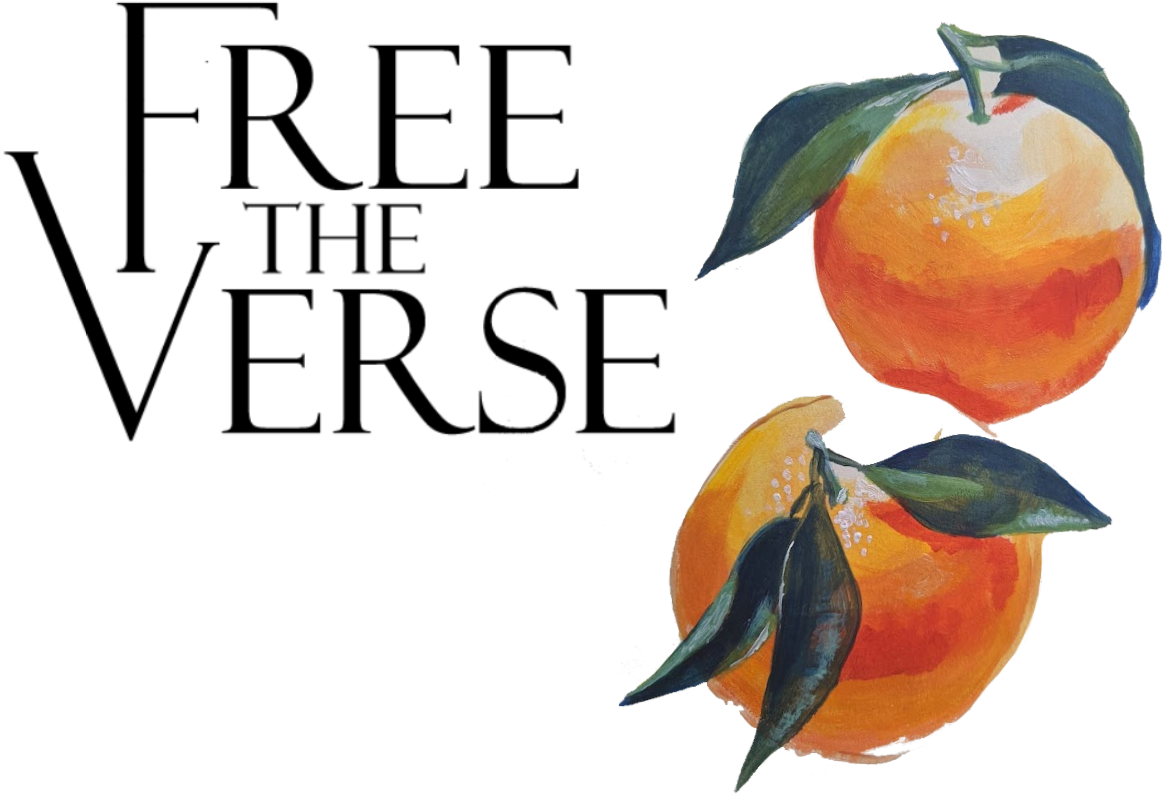Lee Eustace on ‘Earthenware Glaze’
Lee Eustace writes fiction and poetry that centre on the themes of relationships, social constructs, and culture. Lee is working towards publishing his debut novel, "Who We Were," and on placing his debut chapbook collection, “Chasing Colour at Atmospheric Entry”. Lee’s progress can be followed on his Instagram @creativeleestorytelling.
What was the last thing that made you laugh?
I was in a local park with my girlfriend and some friends during our recent heatwave and I attempted to bring two ice-cream cones back to the group. Needless to say, I ended up with two melted cones that looked nothing like what I had bought five minutes previous!
Where did your poetry journey begin?
I had lots of children’s books read to me when I was young by my parents and grandparents. This meant that the concept of storytelling and the use of rhyme were instilled in me from that young age. Those two facets of writing were very useful when I began to express myself through my own poetry from my late teenage years onward.
What is a core theme of ‘Earthenware Glaze’, and what called you to write about it?
Earthenware Glaze is a work that is centered on a singular theme: love. I was moved to write this poem in response to my own experience of falling in love – that feeling which is bordering-on-ineffable. The poem seeks to express the balance I sought between following the sensation of love to its very depths and retaining a solid foothold that allows reprieve and lasting pleasure in that space.
Tell us about the experience of writing this poem.
The experience of writing this work was one of discovery. Not only was I discovering the sensations of being newly in love, but I also wanted to discover a way to express the textures and euphoria that were underpinning my journey.
Where does poetry fit into your life?
My primary exposure to poetry right now is through finalising a collection that I have been working on for many years. The work depicts the journey from my teenage years into adulthood by examining two major timepoints in my life:
Firstly, as a late teen moving into my early twenties when I was often moved to write poetry in response to the atmospheric pressure around me. During this time, I explored the motifs of love, fate, selfhood, the erosion of societal fabric, and the search for a collective and individual identity.
And, secondly, as a man in his mid-twenties who sought to reconcile a lust for colour, expressionism, and love with the realities of life, i.e. the extended metaphor of the atmosphere. As detailed in my poetry, love underpins the search for all that is good and worthwhile, and this is expressed through a vivid use of colour and tactility in my writing.
What inspires you?
I am largely inspired by people who do the best with what resources they have available to them. In other words, those people who work their hardest to achieve something beautiful from whatever position of strength, or weakness, they find themselves in.
Is there a poem you read over and over again?
Generally speaking, there isn’t. I prefer to feel poetry as a texture of sorts and the element of freshness, i.e. not returning to the same work over and over, is one that I find crucial for my own enjoyment of poetry.
Do you have a favourite poet?
In my collection that I am currently developing, there are two thematic pillars: selfhood and love. Rupi Kaur’s work, in all its vibrant honesty and nuance, is a huge influence on my perception of love in poetry; while the theme of selfhood in my work is best understood through the influence of the late Dublin poet, Thomas Kinsella, whose work I read at a seminal moment during my teenage years.
What advice would you give to someone new to poetry?
This advice goes beyond the field of poetry and towards whatever creative endeavours one aspires to: that is, to find whatever it is that interests and inspires you and to use your creative works / mediums / talents to pursue and make sense of that subject – whether that be on an individual or a wider level. Also, to maintain a knowledge that your work is your own and that It needn’t be modelled or fixated on any work that precedes it.
Why do you write poetry?
I consider myself to be a writer who applies himself to multiple disciplines. I write fiction, poetry, and creative nonfiction, among others. In general, I write to capture my feelings and to advance my relationships – be that my relationship with loved ones, with other people, with societal values, or with own form of selfhood.
More specific to poetry, I write in this discipline to capture bursts of feeling and emotion and to create textured work that I can revisit to help me understand certain feelings that I had at that particular timepoint of expression. I believe that this approach encourages a more rounded and inclusive space in our world.
You can read Lee’s poem here.


